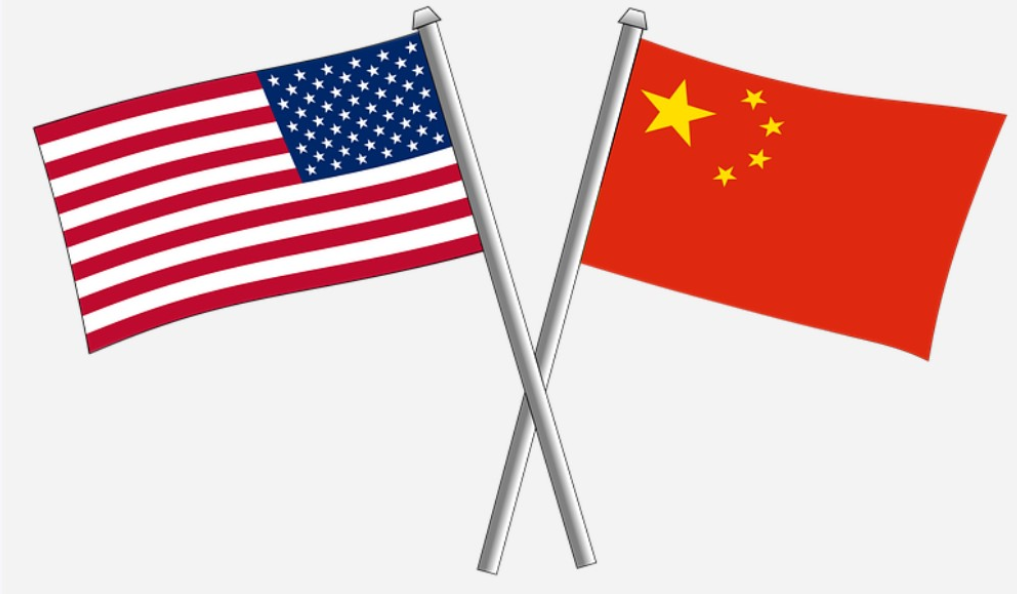Beijing has leveled serious allegations against Washington, accusing it of hacking into Huawei’s servers and conducting cyber-attacks to pilfer critical data since 2009. These claims come amidst escalating tensions between the two global powers.
China’s Ministry of State Security has made these allegations public on its official WeChat account, unveiling what it calls “key despicable methods” employed by U.S. intelligence agencies in the realm of cyberespionage and data theft. The accusation is centered on the assertion that the U.S. government, along with influential tech companies, has secretly installed backdoors in software, applications, and equipment, facilitating the extraction of vital data from nations, including China and Russia.
The official statement points specifically to Huawei Technologies, alleging that the Office of Tailored Access Operations initiated server infiltrations at Huawei’s headquarters in 2009 and continued these surveillance activities. As of now, there has been no official response from the U.S. Department of State regarding the accusations put forth by China.
These allegations emerge in a climate where both the United States and China have been expanding their global espionage operations. Notably, in July, it was reported that hackers linked to Beijing had accessed the email account of the U.S. ambassador to China, potentially exposing hundreds of sensitive emails.

China’s National Computer Virus Emergency Response Center also disclosed its discovery of a spyware called “Second Date” during an investigation into a cyberattack on Northwestern Polytechnical University in Xi’an, which occurred last year. According to the Ministry, “Second Date” is a “cyber-espionage malware developed by the U.S. National Security Agency, which operates covertly in thousands of networks in many countries around the world.”
In the midst of these mounting tensions, U.S. National Security Advisor Jake Sullivan had recently expressed an interest in understanding the new “Made in China” Huawei chipset used in the Mate 60 Pro smartphone. Furthermore, the Xi Jinping government had briefly banned officials from using Apple iPhones at work, later retracting the decision and allowing all foreign devices, including Apple products, to be used by individuals in the country.
Huawei Shifts Strategy amidst the US-China Tech War:
Huawei has unveiled a significant strategic shift amidst the ongoing tech war, prioritizing artificial intelligence (AI) for the next decade. This marks a departure from its previous focus on cloud computing and intellectual property.
During an event in Shanghai, Huawei’s rotating chairwoman and CFO, Meng Wanzhou, announced the company’s “All Intelligence strategy.” This new direction aims to leverage AI’s growing impact across industries. Huawei aims to create a robust computing backbone for AI in China and globally. Meng Wanzhou stated, “Our end goal is to help meet the diverse AI computing needs of different industries,” though specific plans were not disclosed.
This pivot aligns with the global trend of businesses recognizing AI’s transformative potential. It will likely influence Huawei’s product offerings and R&D as it positions itself as an AI ecosystem leader.
Huawei joins a growing list of companies embracing AI to drive future growth and innovation. This shift is set to define Huawei’s trajectory for the next decade, impacting AI development on a global scale.
Related:
- Portugal takes firm stance on Huawei, excludes equipment from 5G networks amid legal battle
- Mysterious Xiaomi wearable gets certified by EEC and IMDA
- Huawei Mate 60 Pro Withstands Extreme Durability Tests, Including Being Crushed by a Roller and Shot by a Pistol
(via)







